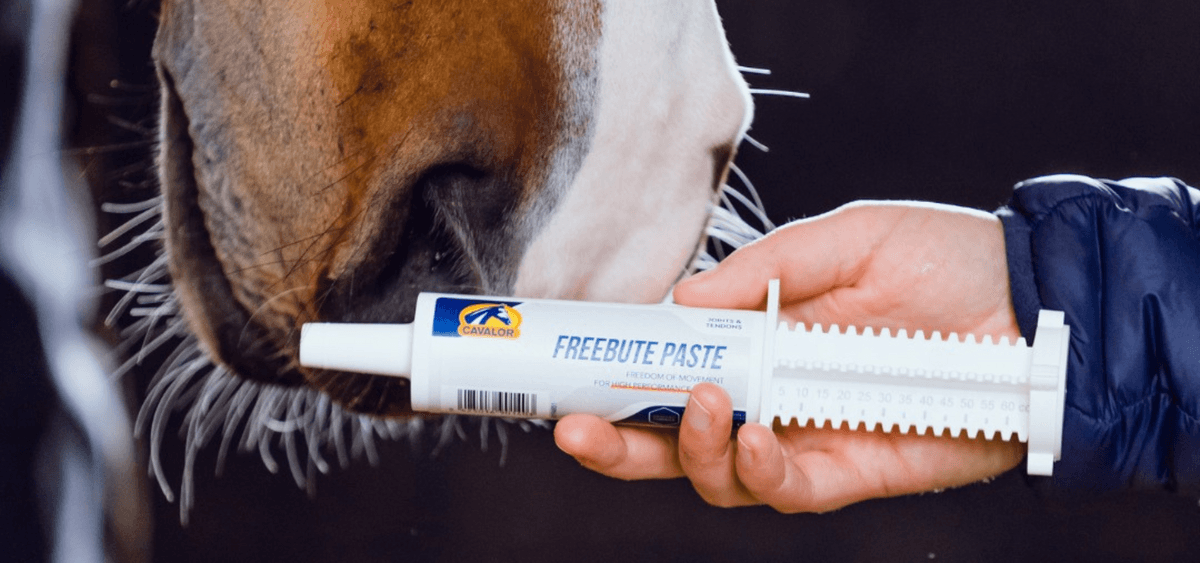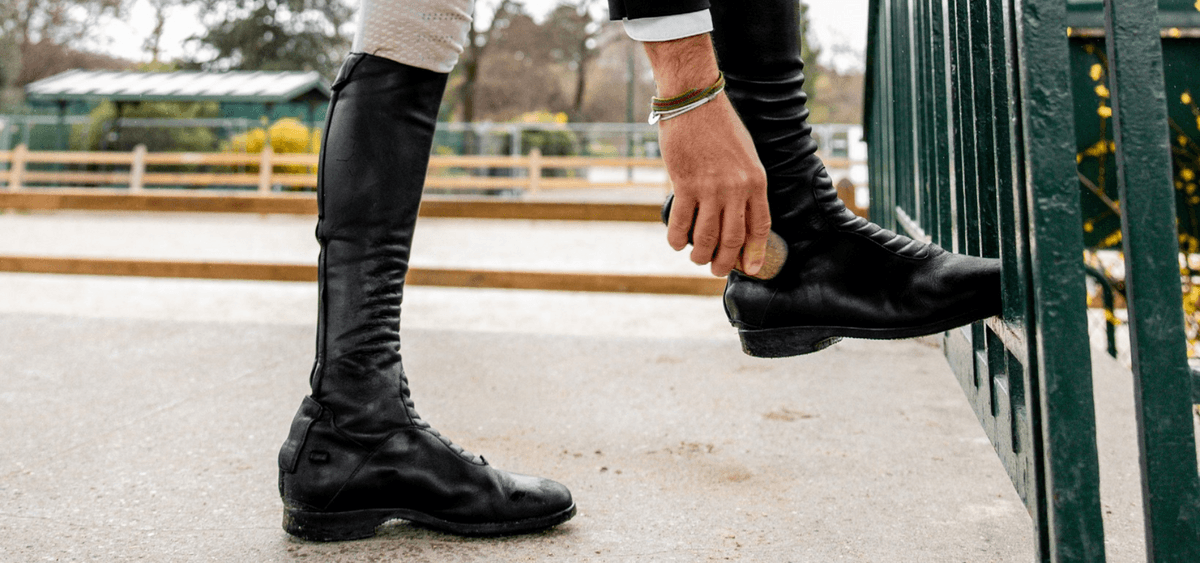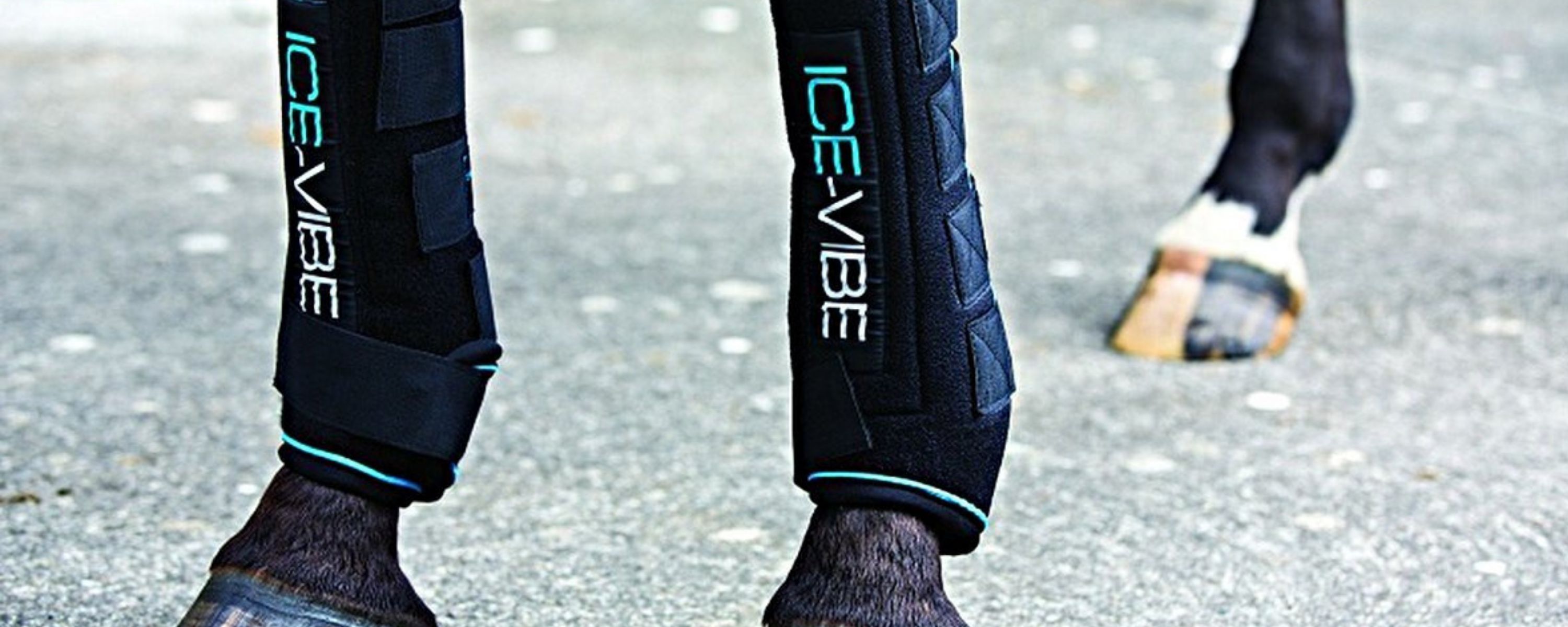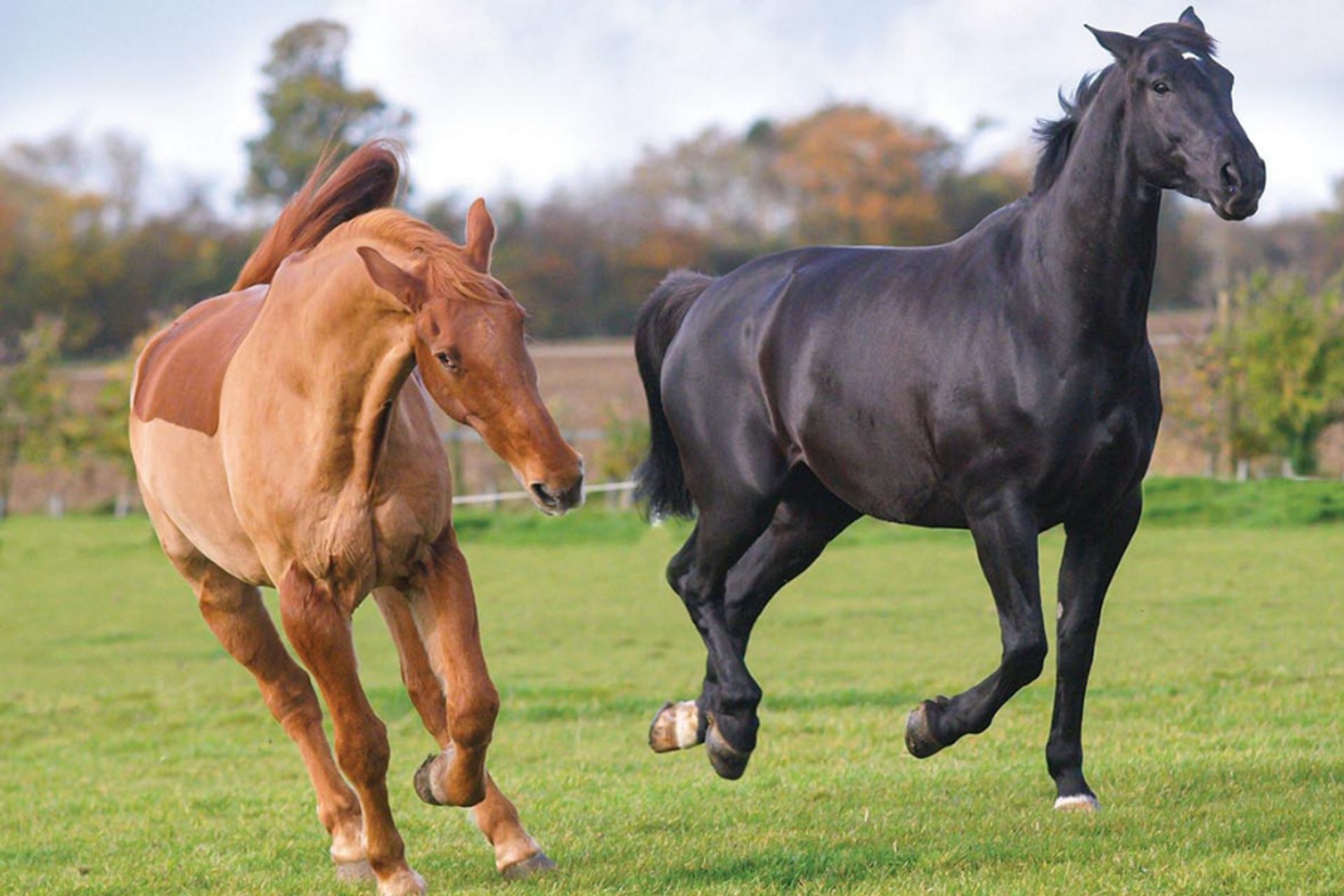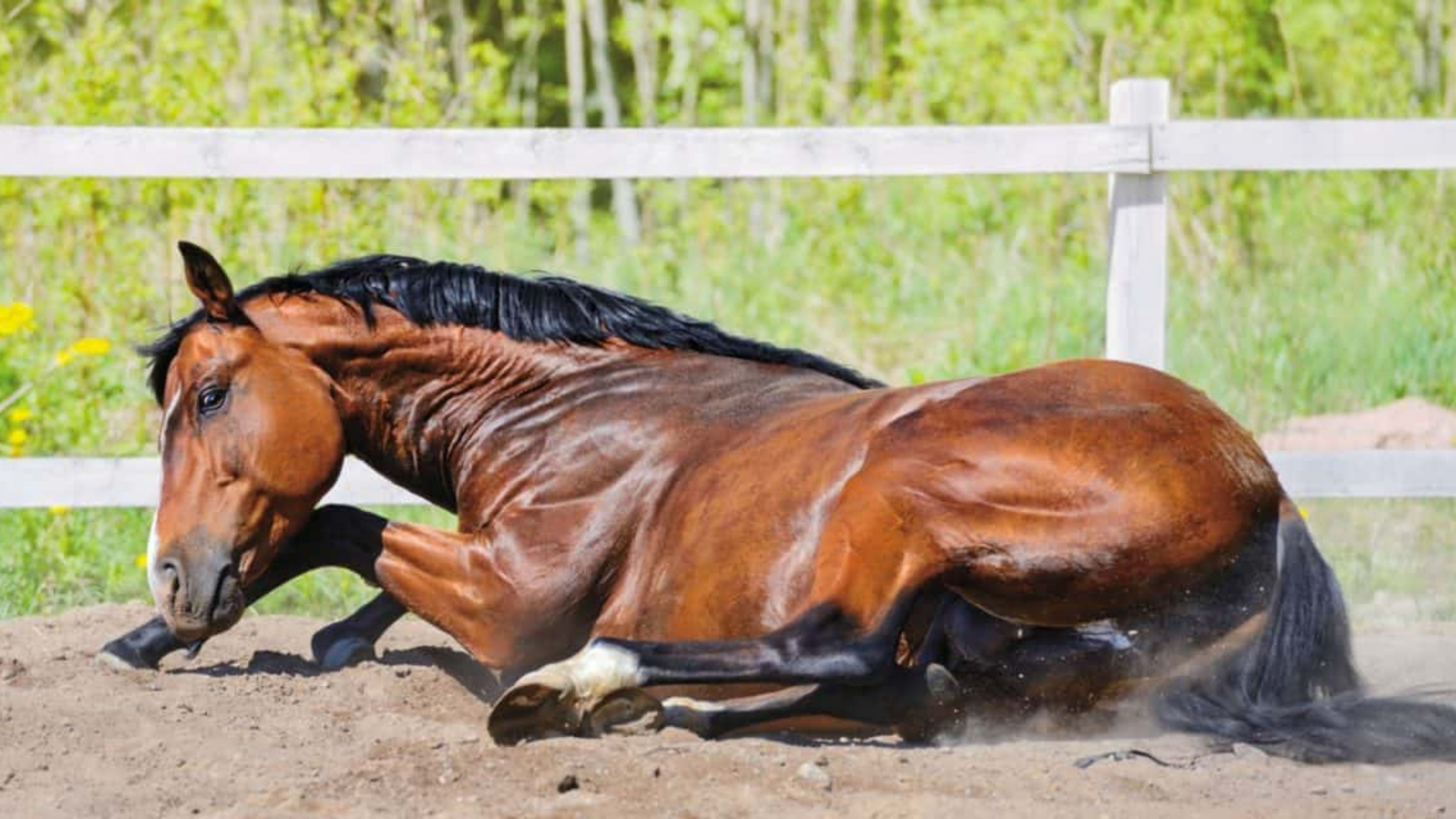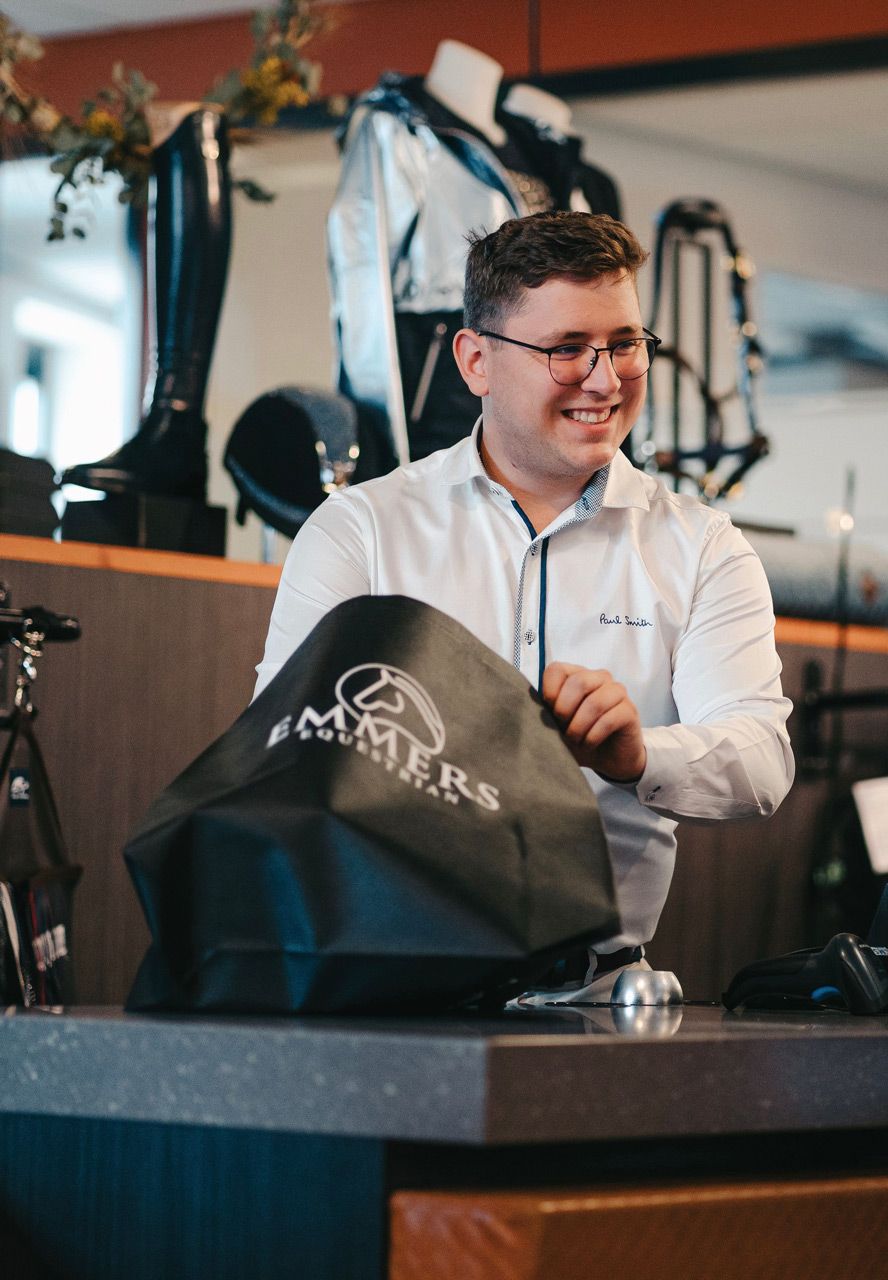It's obvious that a horse with poorly functioning muscles cannot move well. But did you know that muscles make up about 40% to 50% of a horse's total body weight? As a rider, you naturally want your horse to perform optimally. This is only possible if the muscles are strong and healthy. In this blog, we dive deeper into the world of skeletal muscles and how you can optimally support them.
Muscle structure in horses
In the body of a horse, we distinguish three types of muscles:
- Smooth muscles: These are located in organs and blood vessels and work automatically.
- Cardiac muscle tissue: The muscle tissue that makes the heart beat.
- Skeletal muscles: These muscles are responsible for movement and are controlled by the nervous system. In this blog, we focus on skeletal muscles because they are essential for the performance and well-being of your horse.
Types of muscle tissue and their function
Skeletal muscles consist of two types of muscle fibers:
- Red muscle tissue (slow-twitch fibers): This type of muscle tissue is focused on prolonged exertion and endurance. Horses with a higher percentage of red muscle tissue are better suited for long rides and endurance.
- White muscle tissue (fast-twitch fibers): This muscle tissue is specialized in explosive and fast movements. Horses with more white muscle fibers are better suited for disciplines such as jumping and racing.
The ratio between red and white muscle tissue is genetically determined and cannot be changed through training. However, muscle strength and endurance can be improved through a good training and nutrition plan.
Energy supply in the muscles
Every cell in the body needs a constant supply of energy to function. This energy is provided by food, which consists of carbohydrates, fats, and proteins. When these nutrients are broken down, they produce ATP (adenosine triphosphate), the energy source for muscle activity.
During intensive training, lactate (lactic acid) can form. This is a byproduct of energy production. If too much lactate is formed and insufficiently broken down, muscles can become acidic, leading to stiffness and fatigue. A well-balanced diet and the right supplements can help keep lactate levels under control and prevent acidification.
Important supplements for the muscles
To support the muscle function and recovery process of your horse, certain vitamins and minerals are essential. The most important nutrients for the muscles are:
- Electrolytes: Support the fluid balance and muscle function.
- Manganese & Sulfur: Important for muscle suppleness.
- Vitamin B-complex: Plays a crucial role in energy metabolism.
- Zinc: Helps break down lactate and supports muscle recovery.
Which supplements are suitable for your horse?
Depending on the training intensity and needs of your horse, you can choose from various muscle-supporting supplements:
- Basic Muscle Support: Do you want to preventively support your horse's muscles and optimize muscle function? Then choose Cavalor Muscle Motion. This supplement protects the muscle cells and ensures a stable energy supply, making your horse feel fitter and perform better.
- Intensive Training and Recovery: Is your horse regularly intensively trained and does it experience stiffness or muscle pain after exertion? Then Cavalor Freebute can be a solution. This supplement is specifically developed to support your horse's muscles and joints without negative effects on the stomach.
- Top Sport and Competitions: For sport horses that perform at a high level, Cavalor LactaTec is an excellent addition. In addition to vitamins and minerals, this supplement contains essential oils that provide extra muscle relaxation. It helps to quickly remove waste products and supports recovery after heavy exertion.
Prevention is better than cure
Using supplements is not only useful for muscle recovery after an injury but can also be used preventively. By providing the right support, injuries can be prevented, and your horse can continue to perform optimally.
By combining balanced nutrition, thoughtful training, and the right supplements, you ensure your horse stays in top condition. Would you like more advice on which supplements best suit your horse? Contact an expert or veterinarian.
With the right care and support, your horse will perform optimally and stay healthy, both during training and in rest periods!

